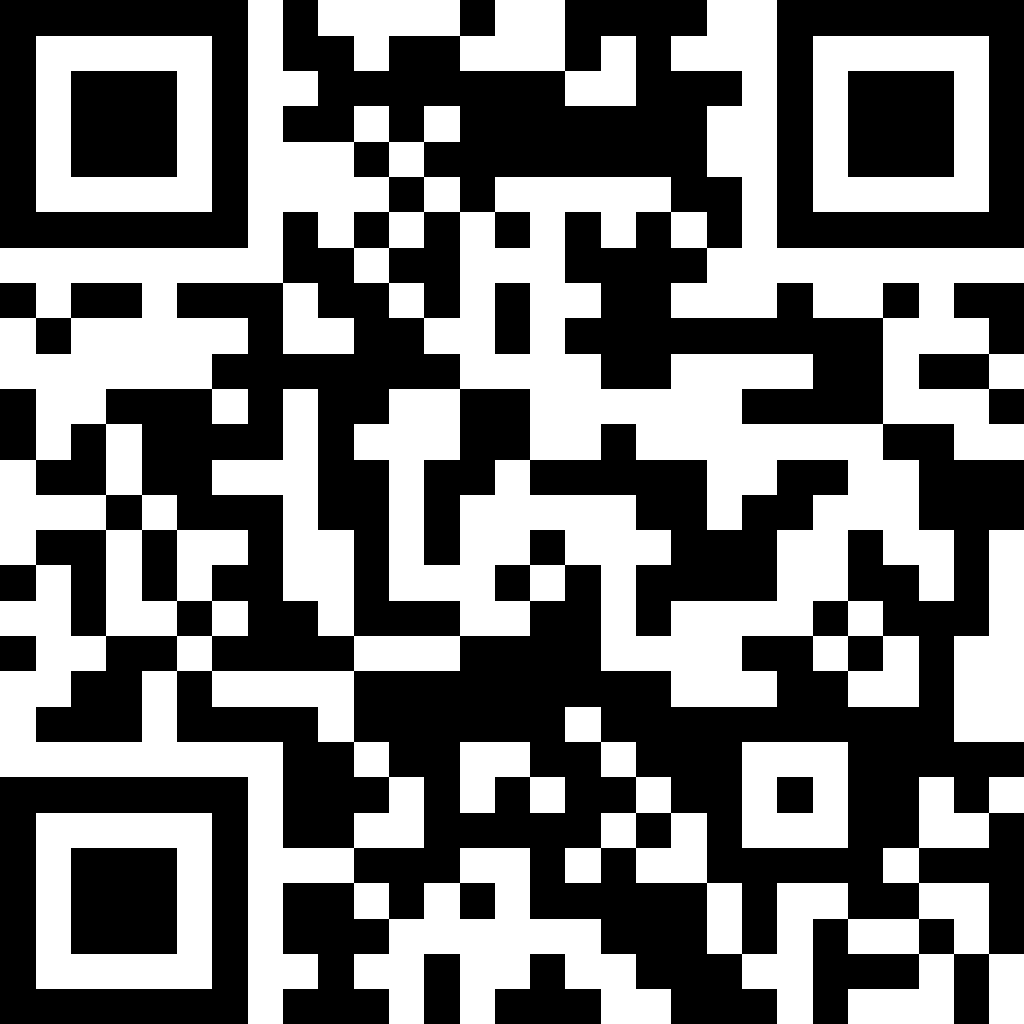Clear Your Head: Delete Mental Clutter and Boost Productivity
James Monroe, Business Management Expert and Author


Do you want to become more productive, lower your stress, and reduce your anxiety? According to mental health experts, there’s an easy, inexpensive, and immediate way to accomplish all those things: declutter your mind.
Why is Decluttering Your Mind Important?
According to the health professionals at Neuroscience News, our brains prefer order over chaos. Even though we may think we’re good multi-taskers, our brains are single-task organisms, so our cluttered minds become “battlegrounds for attention,” constantly trying to choose where to focus.
We worry about things we could have done better, or that might go wrong in the future.
We are bombarded with texts and emails. Our phones are never-ending sources of notifications from social media, advertisers, and delivery services, all vying for our attention.
According to Dr. Gloria Mark, a psychologist at the University of California, Irvine, this cognitive overload is linked to serious health conditions, like increased stress, elevated blood pressure, and lowered productivity.
How to Get Rid of Mental Clutter
The good news is that decluttering your mind isn’t complicated and doesn’t have to take much time. And the rewards are almost immediate.
Mental decluttering falls into two categories. Some techniques focus on “internal” decluttering, while others deal with the external factors that contribute to mental clutter.
Mental Decluttering From the Inside
A lot of mental decluttering starts with retraining your brain and building new, healthy habits.
1. Do a brain dump.
Write down all the thoughts and worries that make you lose sleep and take up mental space. The simple act of writing these things down will help you stop worrying about them.
2. Make lists.
If you worry about all the things you need to get done, put them on a list. This gets everything out of your head and onto paper (or a screen) and gives you a visual record of your accomplishments. Prioritize each task, then start moving through the list, and check things off as you go.
3. Be positive and in the moment.
Psychology Today recommends focusing on the positive each day. Identify negative thoughts that leave you feeling bad or anxious and replace them with thoughts about things you enjoy. Also, think less about what happened in the past or might happen in the future and appreciate what’s happening right in front of you. This doesn’t mean ignoring problems that need your attention. However, this process puts those problems into perspective.
4. Meditate.
Meditation is a great way to be in the moment and focus all your mental energy on the present. It can help you focus your thoughts, ignore distractions, and think more clearly.
5. Reflect.
Psychology Today says it’s healthy to take time out for reflection, to look at your life and what makes you happy. Did the pandemic change your priorities or the way you live? Which thoughts and worries should you let go, and which should you keep? What values are most important to you? Doing a mental inventory can help you focus on what brings you joy and satisfaction.
6. Prioritize sleep.
Getting a good night’s sleep is one of the best ways to clear your mind. Create a routine around bedtime that helps you prepare for and enjoy a peaceful night. Put the phone away well before you settle down so your mind can recover from all the stimulation before going to bed.
Mental Decluttering From the Outside
Our environments can be noisy, messy places. Reducing that external clutter helps us declutter our internal selves, too.
1. Get outdoors.
Anyone who’s taken a leisurely walk on the beach knows how being outdoors can improve mood and reduce stress. According to the American Psychological Association, spending time in nature can also enhance your mood and mental health and help you be happier.
2. Limit distractions.
Our world is full of technology trying to get our attention. Unfortunately, when our devices hijack our minds, it can take a long time to get back to what we were doing before the phone started buzzing. Try turning off notifications or putting your phone in a drawer for an hour. Go on a walk and leave your technology behind. Schedule your social media activities rather than letting the apps control your time, and then work hard to stick to your schedule. If you’re ready for a longer break, go an entire Saturday without phones or computers. You should notice an increase in creative thought and a decrease in stress.
3. Declutter your environment.
An article in the Harvard Business Review discusses how a cluttered environment can lead to increased stress, lower productivity, difficulty with relationships, and even a poor diet. Cleaning up your home and office can go a long way toward easing your stress levels and improving your mental focus.
Our cluttered minds are a natural byproduct of our busy, stressful, technology-filled lives. But when we take the time to clear our minds, we regain focus, improve our performance, and recapture our ability to derive joy and happiness from everyday life.
For more tips for running and growing your small business, visit Index by Pinger.

James Monroe
Jim Monroe is an author, business leader, marketing and product strategist. He is passionate about helping young managers be successful by avoiding common mistakes. His latest book on management is “Don’t Be a Jerk Manager: The Down & Dirty Guide to Management.”
Recommended Reading
Streamline customer interactions with Index
The Index app was built specifically for small businesses, with tools to help you communicate faster and more easily with your customers. Try Index today!





